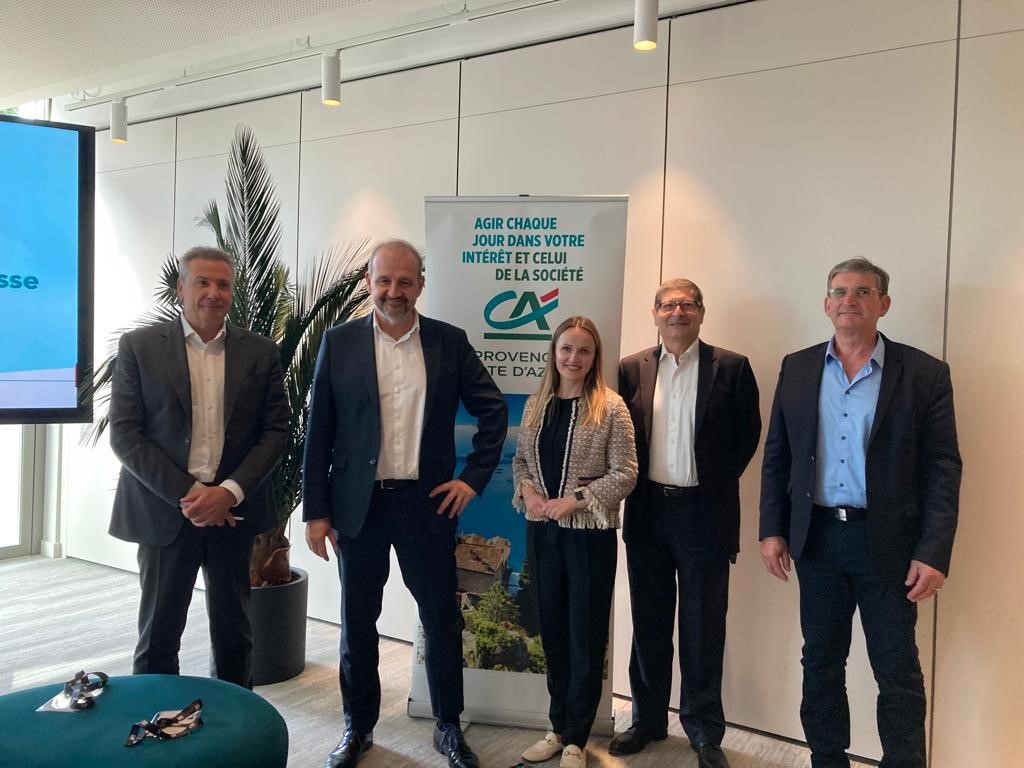With the growing urgency to reduce carbon emissions and promote renewable energies, banks play a crucial role in the ecological transition. Financial institutions have the opportunity to contribute to this change by speeding up their investments in green energies and adopting sustainable practices.
In facing these challenges, some banks, including Crédit Agricole Provence Côte d’Azur, have chosen to support their clients in an ecological transition. This environmental transformation is not only financial but also societal. Therefore, banks must act on their own carbon footprint by adopting sustainable practices within their structures.
A Societal Transformation
This environmental transformation is also a social issue. The acceleration of investments and financing in green energies is essential to effectively address the urgency of the energy transition. However, it is important to note that stopping the financing of fossil energies would have negative consequences on populations that still depend on them. In this regard, Crédit Agricole has decided to leverage the resources of its universal bank model to support transitions for all, from large international companies to the most modest households.
Being Exemplary to Set an Example
Crédit Agricole Provence Côte d’Azur aims to adopt an exemplary approach by addressing their own carbon footprint and that of their 2700 team members. The bank has thus integrated the principles of sustainable development at the core of its investments, starting with its own premises. A concrete example of this approach is the new Manosque site, which has been entirely designed with environmental impact in mind. Their teams are welcomed in a fully eco-designed and certified site, using photovoltaic panels, the cooling effect of water circulating inside and outside the building in ponds, and the reuse of ground pebbles as a base element of the structure.
Furthermore, it is important to reduce the environmental impact of commuting. While remote work can partially reduce the ecological footprint of its employees, it is not enough. The bank is therefore committed to promoting gentle mobility for its employees by implementing CO2 emission diagnostics, electric vehicle tests, promotional offers, and charging points.
Partnering with Expert and Committed Partners
Crédit Agricole Provence Côte d’Azur takes on the responsibility of the clients they will finance. By supporting their clients’ energy transition, banks can play a key role in moving towards a greener economy, notably by partnering with expert and committed partners in sustainability.
Among these partners is Soleil du Sud, a company from the Var region specialized in photovoltaics. This partnership provides Crédit Agricole’s clients with a guarantee of trust, as well as preferential rates for the installation of solar panels.
Moreover, Crédit Agricole Provence Côte d’Azur recognizes that transforming a company is not limited to simple changes. This is why the bank has chosen to partner with R3 Group, an expert in energy consulting with over 15 years of experience. This partnership allows, in addition to financing, to best guide businesses towards a successful transition.


